European Commission headquarters in Brussels, Belgium. Photo: IRNA/VNA
After more than a decade of easing visa policies as a diplomatic tool and promoting integration, the European Union (EU) is showing a clear change in approach. According to Radio Free Europe (rferl.org) on April 15, Brussels is rushing to complete new regulations, allowing the bloc to more easily suspend visa-free regimes for citizens of 61 countries currently enjoying this privilege. The move not only reflects a tougher stance on illegal migration but also shows that the EU is willing to use visa policies as a stronger political lever.
The proposal to amend the visa suspension mechanism, initiated by the European Commission in 2023, has received consensus from the EU Council. After delays due to the European Parliament elections and a legal backlog, the European Parliament has finally entered into negotiations. If progress is favorable, the new law could be applied as early as this autumn.
So what has prompted the EU to make this move now? Experts say there are two main factors. First, the EU is increasingly concerned about illegal migration and wants to tighten border controls. Second, the bloc recognises the potential of visa policy as a tool to pressure third countries on political and human rights issues.
Visa liberalisation has long been seen as a key part of the EU’s foreign policy, particularly towards its neighbours. It allows citizens from approved countries to enter and stay in the Schengen area for up to 90 days without a visa. Kosovo is the latest to be added to the list, coming in early 2024, after Georgia and Ukraine (in 2017). Stripping it of this benefit would certainly be seen as a significant punitive measure.
The current suspension mechanism, which came into effect in 2018, allows the EU to trigger the measure in the event of clear evidence of abuse, such as a significant increase in the number of citizens overstaying their visas or using freedom of movement to claim asylum. So far, the EU has only suspended visa-free travel once for the South Pacific island nation of Vanuatu, initially temporarily and then permanently.
So what changes are being proposed? According to the documents available, there are four main areas where Brussels wants to tweak the visa suspension mechanism to make it a more effective deterrent.
First, visa liberalisation can be suspended if there is a discrepancy between a visa-exempt third country’s visa policy and the EU’s common visa policy. Serbia’s move to exempt citizens from visas from certain countries that require visas to enter the EU in 2022 is a case in point. Brussels is concerned that this has created a “back door” for these people to enter the EU. The new law will allow the EU to act more quickly and effectively in such cases.
Second, the EU has also introduced the concept of a “hybrid threat” as a reason for visa suspension. While this provision is still theoretical, it is based on the EU’s accusations that Russia and Belarus are deliberately facilitating migrants from Africa and Asia to enter the EU, especially through the borders of Poland and Lithuania. Although visa facilitation agreements with Moscow and Minsk have already been suspended, the new regulation would allow the EU to deal with other visa-free countries if they use similar tactics.
Third, countries that offer “citizenship by investment” schemes that do not require any real connection to the country could also lead to future suspension of visa-free travel with the EU. Brussels is concerned that these schemes could pose security and money-laundering risks.
Fourth, and perhaps most notably, the reason concerns the EU's political relations with third countries. The draft law stipulates that the suspension mechanism could be triggered in the event of "serious violations and abuses of human rights" or "serious violations of international law and standards, including human rights law, and non-compliance with decisions and judgments of international courts and tribunals". EU officials often refer to "democratic standards" as a prerequisite for visa liberalization, but the exact definition of this standard has never been clarified.
Another important new feature is that the activation of the suspension mechanism in the event of human rights violations will be the exclusive prerogative of the European Commission, which is responsible for the bloc’s foreign affairs, after consultation with the member states. However, the final decision on suspending the visa-free regime will still rest with the member states through a qualified majority vote.
The EU’s move signals a shift in its approach to visa policy, from a tool to encourage integration and cooperation to one that deters and protects the bloc’s interests. The 61 countries that currently enjoy visa-free travel will need to watch these developments closely, as an era of “free movement” may be coming to an end.
Source: https://hanoimoi.vn/eu-siet-visa-hon-60-nuoc-dung-truoc-nguy-co-thay-doi-che-do-mien-thi-thuc-699219.html


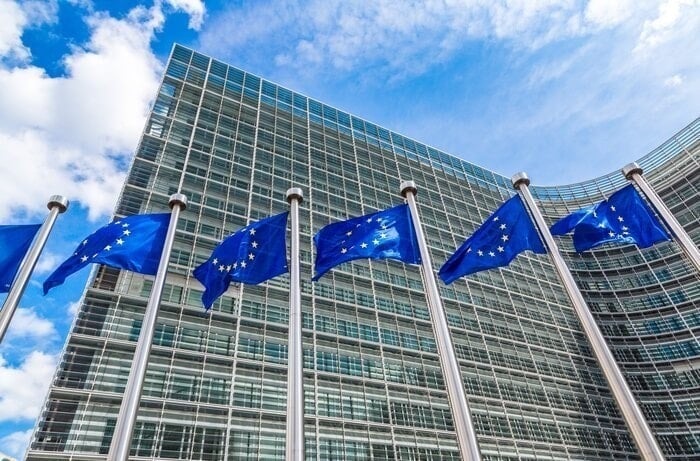
![[Photo] Magical moment of double five-colored clouds on Ba Den mountain on the day of the Buddha's relic procession](https://vphoto.vietnam.vn/thumb/1200x675/vietnam/resource/IMAGE/2025/5/9/7a710556965c413397f9e38ac9708d2f)
![[Photo] Prime Minister Pham Minh Chinh chairs a special Government meeting on the arrangement of administrative units at all levels.](https://vphoto.vietnam.vn/thumb/1200x675/vietnam/resource/IMAGE/2025/5/9/6a22e6a997424870abfb39817bb9bb6c)
![[Photo] General Secretary To Lam and international leaders attend the parade celebrating the 80th anniversary of the victory over fascism in Russia](https://vphoto.vietnam.vn/thumb/1200x675/vietnam/resource/IMAGE/2025/5/9/4ec77ed7629a45c79d6e8aa952f20dd3)

![[Photo] Russian military power on display at parade celebrating 80 years of victory over fascism](https://vphoto.vietnam.vn/thumb/1200x675/vietnam/resource/IMAGE/2025/5/9/ce054c3a71b74b1da3be310973aebcfd)


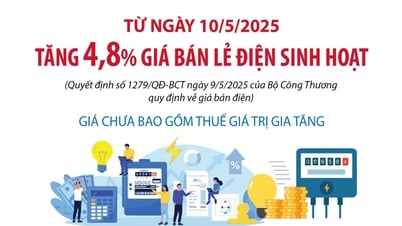



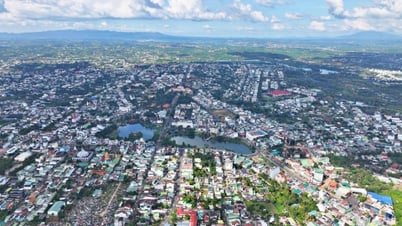







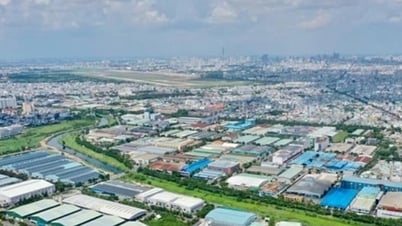
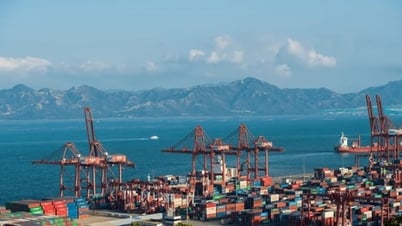





























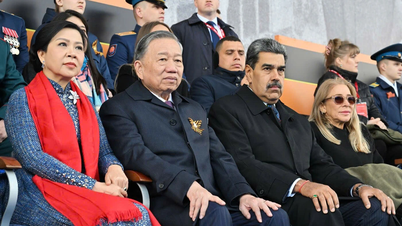






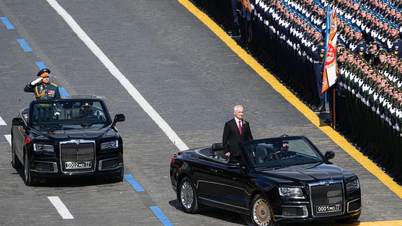































Comment (0)